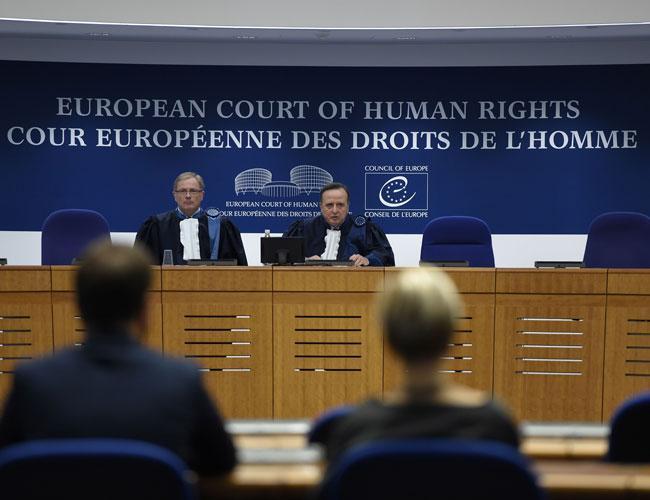
Top European rights court ruled on Dec. 19 that Greece violated basic rights of a Muslim woman, Chatitze Molla Sali, who did not want the application of Sharia (Islamic religious law) to her inheritance case, but domestic courts did so.
In the case Molla Sali v. Greece, the will of the testator, who is Molla Sali’s deceased husband, was to inherit whole estate to his wife in accordance with Greek civil law. But the domestic court instead applied Sharia law and thus Sali was deprived of three-quarters of her inheritance.
The domestic courts considered the will devoid of effect because the law applicable to the case was Islamic inheritance law. Greece applies Islamic religious law to Greek nationals of Muslim faith according to the 1920 Treaty of Sèvres and the 1923 Treaty of Lausanne.
68-year-old Sali brought the case to European Court of Human Rights that she had suffered a difference in treatment on grounds of religion because had her husband not been of Muslim faith, she would have inherited the whole estate after his death in 2008.
The Grand Chamber of the Court found that the difference in treatment was not been objectively and reasonably justified.
Thus the Chamber ruled that there had been a violation of Article 14 (prohibition of discrimination) of the European Convention on Human Rights.
The Court also noted that Greece was the only country in Europe which had applied Sharia law to a section of its citizens against their wishes.
“That was particularly problematic in the present case because the application of Sharia law had led to a situation that was detrimental to the individual rights of a widow who had inherited her husband’s estate in accordance with the rules of civil law but who had then found herself in a legal situation which neither she nor her husband had intended,” it said in its ruling.